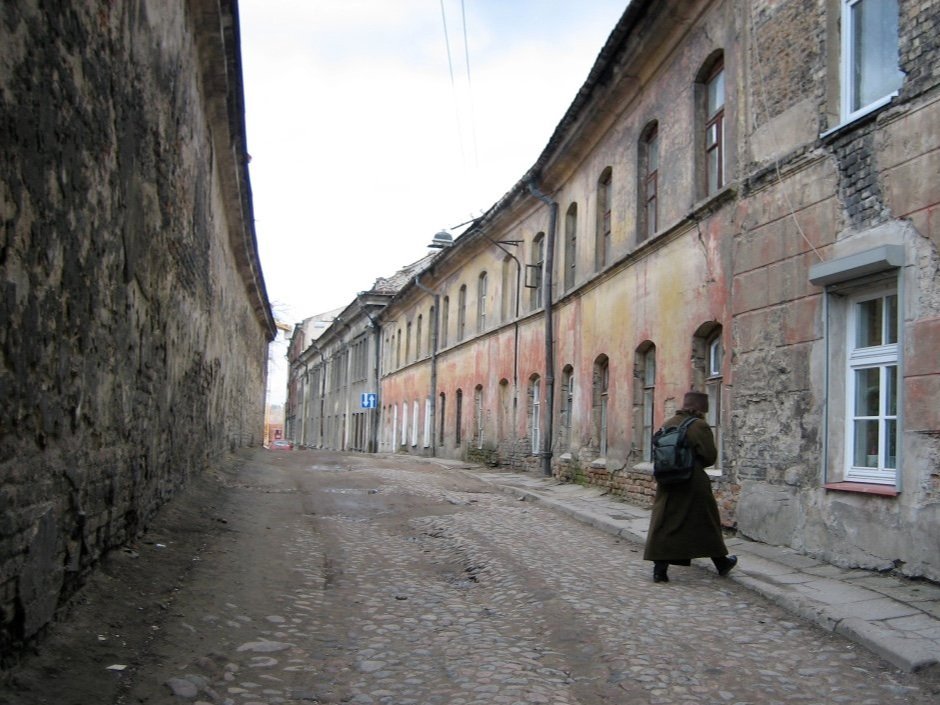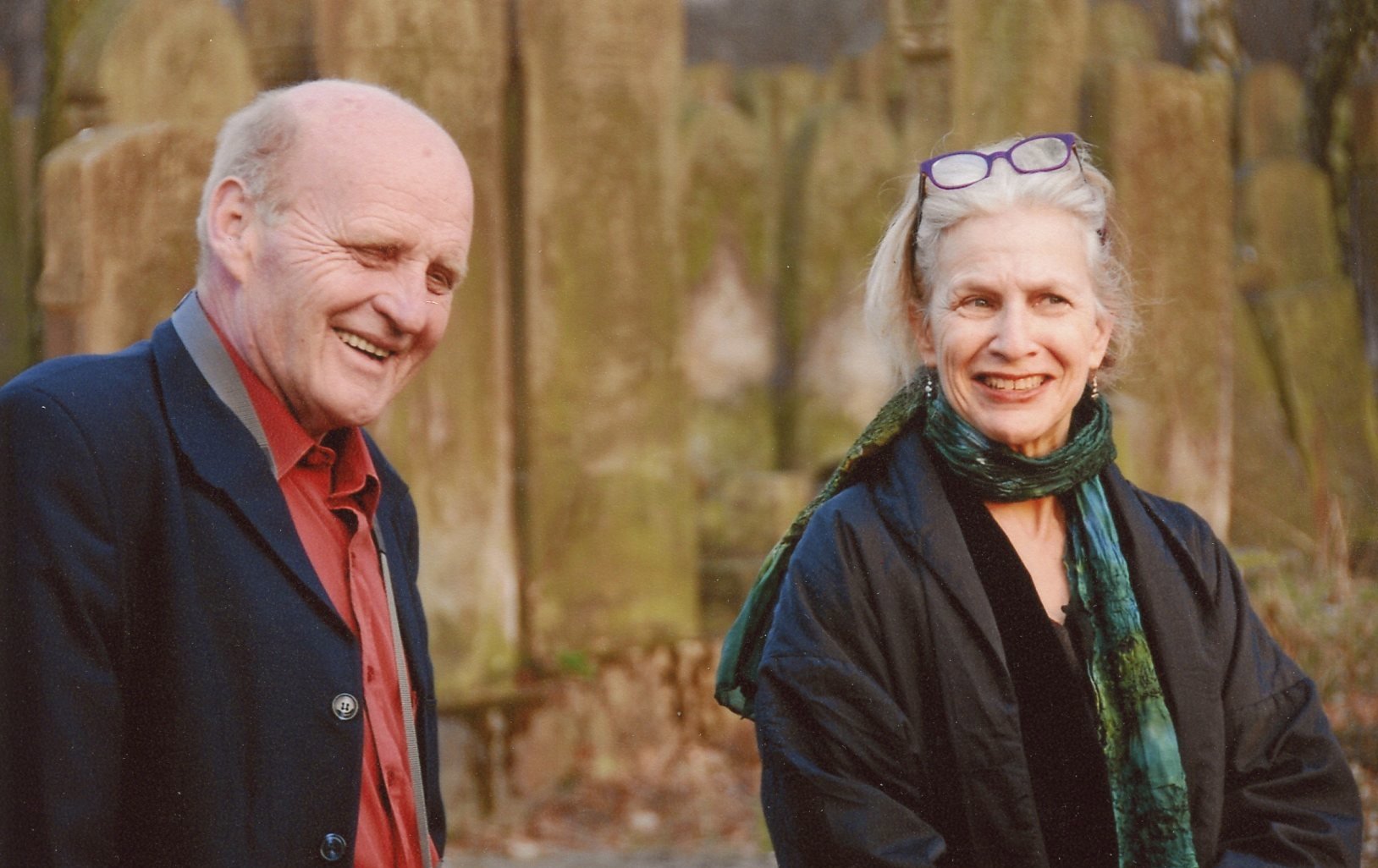
The Crooked Mirror l Louise Steinman’s Blog
Journeys within and beyond
Search my blog posts

Life in the Pyrocene: The West in the Era of Climate Change
Sometimes you don’t see the San Gabriels until the streets stop and the mountains start. The veil suddenly thins, and there they are, in height and magnitude overwhelming. You plunge into a canyon flanked with soaring slopes before you realize you are out of town. The San Gabriel Mountains are as rugged as any terrain in America, and their extraordinary proximity to the city, the abruptness of the transition from the one milieu to the other, cannot be exaggerated.
John McPhee, Los Angeles Against the Mountains
Should an ember ignite the canyon one day, what would I want to save, what would be too painful to lose?
Ruben Martinez, A Political Ecology of Fire in Los Angeles

A Day in Radomsko
Preface
IN THE SPRING of 2021, KARTA Center in Warsaw brought out a Polish translation of my book, The Crooked Mirror, nine years after its publication in the United States. The book chronicles my decades-long immersion in the discomforting, sometimes surreal, and ultimately healing process of Polish-Jewish reconciliation.
I first visited Poland in 2000 and was privileged to observe, in that more hopeful time, the nation’s new openness to historical inquiry about its past after forty years of Communist rule, when it was taboo to discuss Polish collaborators, pogroms, or the killings of returning Jews after the war. I met brilliant artist-activists who were finding ways to commemorate the Jewish absence in their midst and to educate their communities about a history in danger of being lost or obscenely distorted. I also saw fresh stirrings of Jewish life in Poland, and a touching inquisitiveness among the young about Jewish identities kept hidden after the war.

Greenwriting on the Skarpa
It’s dark when we arrive at Katy’s house in the Polish countryside, early fall, 2019. My friend and I, both road-weary, climb a flight of wooden stairs to retire. My friend installs herself in the bedroom of Katy’s daughter, Magda, now a young doctor in London. I bed down in the room that belongs to Katy’s son, Sammy, a classics major at the University of Warsaw. Everywhere there are stacks of book, fascinating books. Philosophy. History. Poetry. Books in Polish. Books in English. I want to look at all of them, but I’m so sleepy. Before I crash, I peek into Katy’s room/studio, noting piles of notebooks, vibrant watercolors. A chorus of frogs serenades me through the open window as I fall asleep.

January 6, 2022
I'm walking the Silverlake staircases, listening to the audio version of Colm Toibin’s marvelous novel, The Magician, about Thomas Mann. I’m struck to learn how slow Thomas Mann was to understand the dangers posed by the National Socialists in Germany. Mann held such a deep belief in the staying power of German culture, a world of cosmopolitanism, a culture that treasured Wagner and Mahler, Goethe and Rilke. He was convinced those Nazis would “go away." Even as his eldest son and daughter Klaus and Erica became vocal anti-Nazis, Mann remained unperturbed. After the Nuremberg rally in 1933, his son Golo literally cut out articles from different German papers and laid them out on the dining room table. Look at these, he demanded of his father. “One article says 40,000 attended. Another says 100,000. They will not go away.”
For a break from reading about the rise of the Third Reich, I watched the unsettling and mesmerizing film, “State Funeral” by the Ukrainian director Sergei Loznitza (viewable on www.mubi.com).


Time Regained: Reading Józef Czapski in Billings, MT (about Marcel Proust, the Gulag, and reading as salvation)
He carried with him to Moscow letters of introduction from General Anders to the most influential people in Stalin’s inner circle. After waiting for many days at the Hotel Metropole, he was finally summoned to a waiting room at the notorious Lubyanka building, the headquarters of the Soviet secret police, where he was met by a “well-fed official” in a gray lambskin hat and collar who “looked a bit like Chichikov from Gogol’s Dead Souls.”



